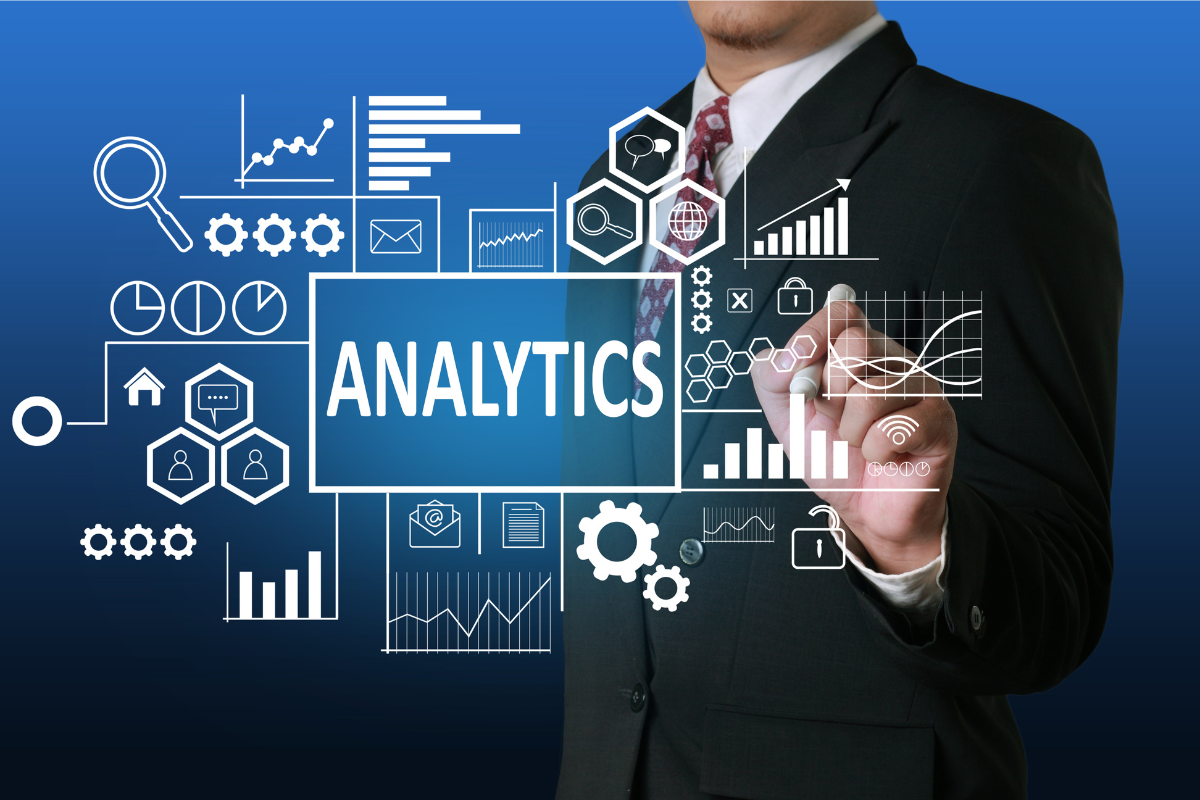Marketing Analytics vs. Business Analytics
In today’s data-driven world, businesses rely heavily on analytics to guide their decisions, optimize strategies, and drive growth. Two critical types of analytics that often come into play are marketing analytics and business analytics. While these terms are sometimes used interchangeably, they serve distinct purposes and offer unique insights. At Murmu Software Infotech, we specialize in helping businesses harness the power of both marketing and business analytics to achieve their goals. In this article, we’ll explore the differences between these two types of analytics and how they can be leveraged effectively.
Unlock the Power of Marketing Analytics Today
What is Marketing Analytics?
Marketing analytics refers to the practice of measuring, managing, and analyzing marketing performance to maximize its effectiveness and optimize return on investment (ROI). It involves the use of data from various marketing channels, such as social media, email campaigns, and search engine marketing, to understand how marketing activities are performing.
Key aspects of marketing analytics include:
Customer Behavior Analysis: Understanding how customers interact with your brand, what motivates their purchasing decisions, and how they move through the sales funnel.
Campaign Performance: Measuring the effectiveness of marketing campaigns, identifying which channels and strategies are driving the most engagement, leads, and conversions.
ROI Measurement: Calculating the return on investment for marketing activities, helping businesses allocate resources more effectively.
Predictive Analytics: Using historical data to forecast future trends and outcomes, enabling businesses to make proactive marketing decisions.
Marketing analytics is crucial for fine-tuning marketing strategies, improving customer targeting, and ensuring that marketing efforts are aligned with business objectives.
What is Business Analytics?
Business analytics, on the other hand, is a broader discipline that encompasses the use of data, statistical analysis, and modeling to gain insights and make informed business decisions. It covers a wide range of business areas, including finance, operations, supply chain management, and human resources.
Key aspects of business analytics include:
Data-Driven Decision Making: Leveraging data to inform decisions across various business functions, from financial planning to supply chain optimization.
Performance Measurement: Tracking key performance indicators (KPIs) across different departments to assess business health and identify areas for improvement.
Risk Management: Analyzing data to identify potential risks and develop strategies to mitigate them.
Process Optimization: Using analytics to streamline business processes, reduce costs, and improve efficiency.
Business analytics provides a holistic view of the organization’s performance, helping leaders make strategic decisions that drive overall business success.
The Key Differences
While both marketing analytics and business analytics involve the use of data to drive decisions, their focus areas differ significantly:
Scope: Marketing analytics is specifically focused on marketing activities, while business analytics covers the entire organization, including marketing, finance, operations, and more.
Objectives: The primary goal of marketing analytics is to optimize marketing strategies and improve customer engagement. In contrast, business analytics aims to enhance overall business performance, efficiency, and profitability.
Data Sources: Marketing analytics relies on data from marketing channels and customer interactions, whereas business analytics utilizes data from all areas of the business, including financial records, operational data, and more.
How Murmu Software Infotech Can Help
At Murmu Software Infotech, we understand that both marketing analytics and business analytics are essential for driving business growth. Our team of experts offers comprehensive analytics services tailored to your specific needs. Whether you’re looking to optimize your marketing campaigns or gain a deeper understanding of your business performance, we have the tools and expertise to help you succeed.
Our marketing analytics services focus on helping you track and improve the effectiveness of your marketing efforts, ensuring that you reach the right audience with the right message at the right time. On the other hand, our business analytics services provide a broader perspective, helping you make informed decisions that impact your entire organization.
Transform Your Business with Data-Driven Insights
Conclusion
Understanding the difference between marketing analytics and business analytics is crucial for businesses looking to harness the power of data. While marketing analytics helps you refine your marketing strategies, business analytics provides a comprehensive view of your organization’s performance. At Murmu Software Infotech, we are committed to helping you leverage both types of analytics to achieve your business goals. Contact us today to learn more about how we can support your analytics needs.


